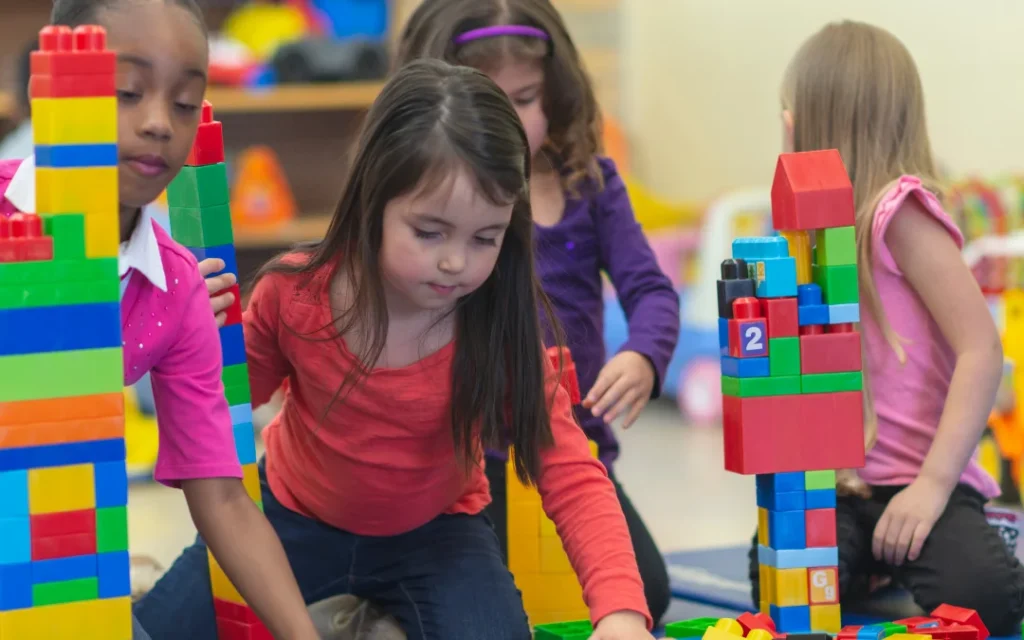
Education is more than rote memorization; it’s about exploration, curiosity, and sparking a love for learning. Traditional approaches to education are evolving as more schools and programs adopt interactive, hands-on learning experiences. These “learning adventures” transform education into an exciting journey. Here’s how combining fun and knowledge creates lasting learning experiences for young minds.
- The Power of Experiential Learning
Experiential learning is a hands-on approach that connects theoretical knowledge to real-world applications. By immersing children in activities, projects, or field trips, they see concepts come to life. For example, a trip to a botanical garden can make a science lesson on plants engaging and memorable. This approach fosters curiosity and allows children to apply what they learn in meaningful ways.
- Learning through play
Play-based learning, particularly in early childhood, combines fun with skill-building. Structured play activities can develop everything from motor skills to problem-solving. Incorporating play into educational experiences makes learning enjoyable, reduces pressure, and helps children grasp complex concepts with ease. When children play with a purpose, they’re not just having fun; they’re building a foundation for lifelong learning.
- Inspiring Curiosity with Real-Life Adventures
Field trips and outdoor activities create natural curiosity, exposing children to new environments and perspectives. Whether it’s a visit to a historical museum or a science experiment outdoors, these adventures foster a love for discovery. For example, children learning about ecosystems might visit a nature reserve, where they observe and interact with plants and animals in their natural habitat. Experiences like these make knowledge tangible and relatable.
- Building Social and Emotional Skills
Learning adventures provide a unique opportunity for children to develop social and emotional skills. Group activities, team projects, and collaborative play teach children to communicate, negotiate, and work together. These skills are invaluable as they build relationships, resolve conflicts, and navigate social settings. Learning adventures encourage children to share, support one another, and celebrate successes.
- Encouraging a Growth Mindset
Learning adventures reinforce a growth mindset by making mistakes part of the process. When children face challenges in an interactive setting, they learn that setbacks are stepping stones to success. This mindset helps them approach future learning with resilience and openness, essential qualities for personal and academic growth.
Bringing Learning Adventures Home
Parents and teachers can incorporate learning adventures into daily life. Simple activities like baking, gardening, or even visiting a local library can turn ordinary moments into educational opportunities. Each experience reinforces the idea that learning can happen anywhere and at any time.

